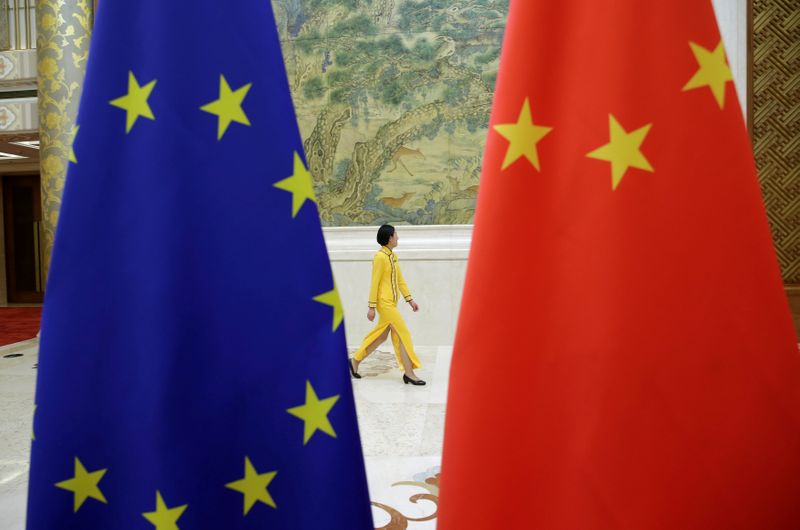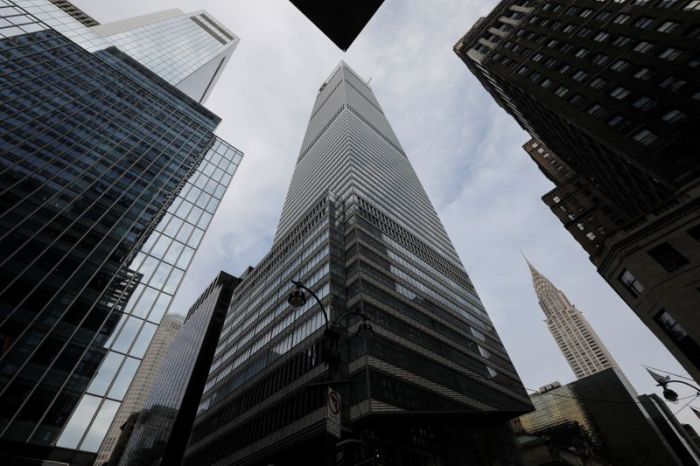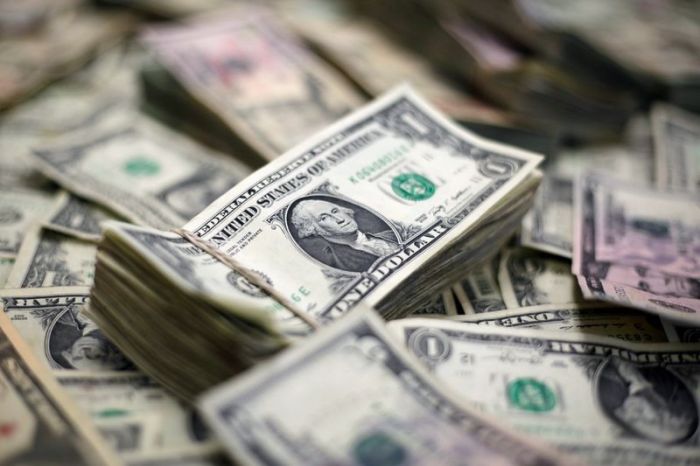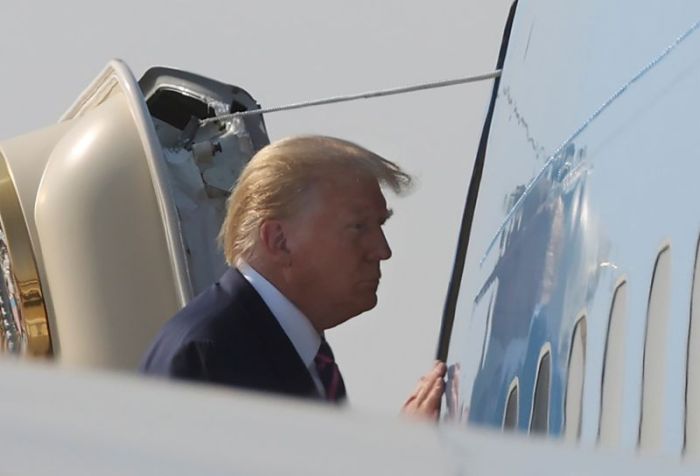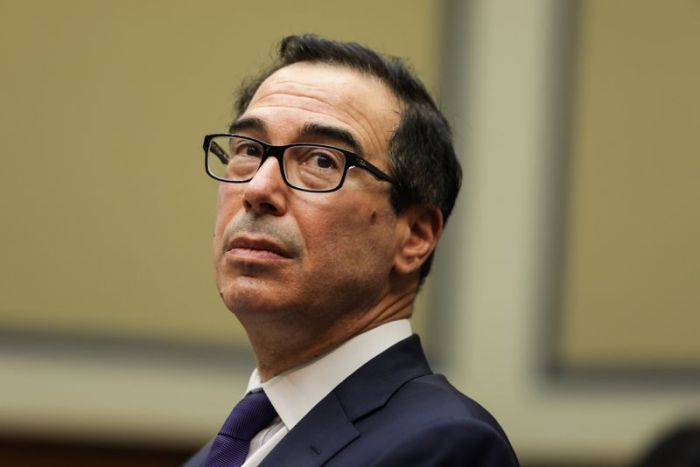BRUSSELS (Reuters) – European Union leaders told Chinese President Xi Jinping on Monday to open up markets, respect minorities and step back from a crackdown in Hong Kong, also asserting that Europe would no longer be taken advantage of in trade.
Anxious to show that the EU will not take sides in a global standoff between China and the United States, German Chancellor Angela Merkel joined the bloc’s chief executive and chairman to deliver a tough-talking message to Beijing.
“Europe is a player, not a playing field,” European Council President Charles Michel, who chaired the video summit, told reporters in reference to a growing sense in Europe that China has not met its promises to engage in fair and free trade.
With more than a billion euros a day in bilateral trade, the EU is China’s top trading partner, while China is second only to the United States as a market for EU goods and services.
China’s Xi was not part of the post-summit news conference and there was no joint statement, but the state-owned Xinhua News Agency reported that Xi rejected any interference in Chinese affairs, particularly on human rights.
“Chinese people will not accept ‘an instructor’ on human rights and oppose ‘double standards’, Xinhua reported Xi as saying during the video summit. “China is willing to strengthen exchanges with the European side based on the principle of mutual respect so that the two sides can both make progress.”
The European Union accuses China of breaking a host of global trade rules, from overproduction of steel to stealing Western intellectual property, which Beijing denies.
European attitudes have also hardened towards Beijing because of the novel coronavirus, which many scientists believe originated in China, and because of a new security law on Hong Kong that the West says curtails basic rights.
EU PRESSURE
“We are really serious about having access to the Chinese market and tearing down the barriers,” European Commission President Ursula von der Leyen said at the news conference.
Merkel said she and her two EU colleagues had pressed Xi to be clear about whether it really wanted an investment agreement that is being negotiated between the two and which would force China to open up its markets.
“We put on pressure … to make progress on the investment agreement,” Merkel told reporters from Berlin.
“Overall, cooperation with China must be based on certain principles – reciprocity, fair competition. We are different social systems, but while we are committed to multilateralism, it must be rules-based,” she added.
The demand for a level playing field was justified today given China’s economic transformation in the past 15 years, Merkel said.
The EU also wants stronger commitments on climate change from China, the world’s top polluter.
The EU and China did sign a deal to protect each other’s exported food and drinks items from feta cheese to Pixian bean paste.
While modest, the new deal is a trade coup for Europe as U.S., Australian or New Zealand producers will no longer be able to use the protected names on their exports to China, although there is a transition period for certain cheeses.
(Reporting by Philip Blenkinsop and Robin Emmott; Additional reporting by Paul Carrel, Michelle Adair and Thomas Escritt in Berlin, editing by Louise Heavens/Emelia Sithole-Matarise, Grant McCool and Jonathan Oatis)

